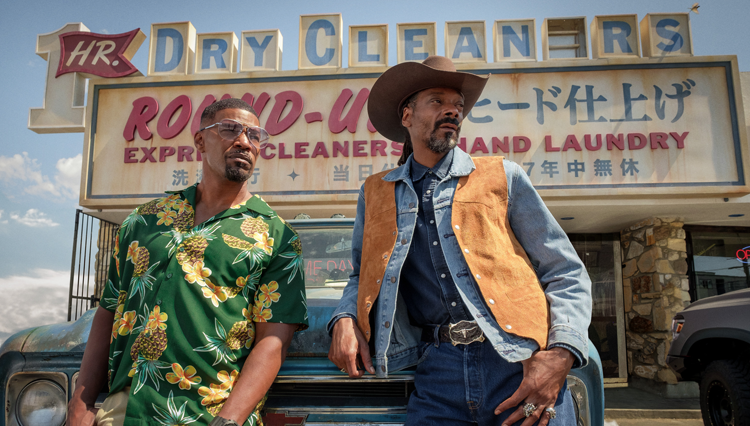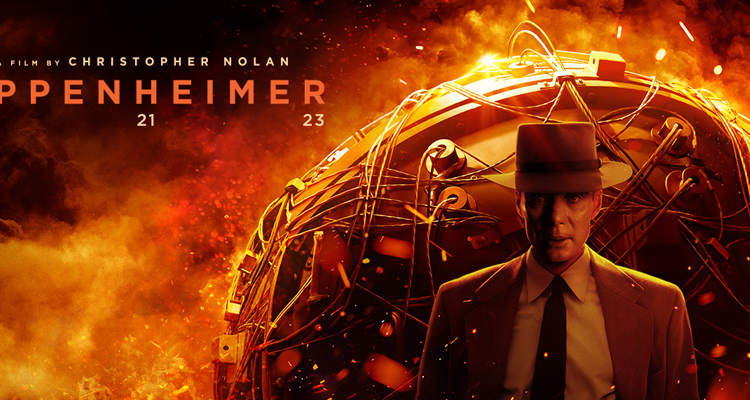
Portlandia doesn’t exist. You can’t find it on a map. You can’t find it in history books. Portland exists. Portland is a small city with a population of 600,000 in the State of Oregon. The largest city in Oregon. Not big enough to be considered a metropolis. Not small enough to be considered a town. Portland is a real place, but Portlandia is a work of fiction, a state of mind, a song, a feeling. In the very first episode, Fred Armisen approaches Carrie Brownstein and tells her he has found a place that could be considered the closest analog to the “dream of the ’90s.” This exchange leads to their song where they reference tribal tattoos, piercings, antique bicycles, hot girls wearing glasses, skateboards, and clowns. “It’s like Gore won,” Carrie says, “the Bush administration never happened!” Portlandia, the state of mind, is a symbol of nostalgia.
This is a generational idea. Fred Armisen and Carrie Brownstein (with Jonathan Kristel) are the creators of the show, Portlandia. Fred and Carrie are Generation Xers born between the mid-sixties and the eighties, as am I. We came into our own in the ’90s. We were old enough to appreciate payphones and cassettes and compact discs. We had to wait for our favorite television shows to be broadcast. There was no such thing as “video-on-demand,” and computers and gaming systems were still stone-age technology. You had to go to the library and photo-copy reference books to do your school reports, and you had to go to a magazine store to find decent pornography. We “came of age” in the late ’80s and early ’90s. We were becoming adults; old enough to vote, old enough to serve in the Military, but still young and slaves to our hormones.

The universe of Portlandia exists as a dream-like fugue for displaced Gen Xers who fight the aging process by propping up an awkward bohemian lifestyle and behaving like youngsters. There are no teenagers in Portlandia (or perhaps they’re marginalized to the point of non-existence) – only children and adults, and adults who behave like children. Even though there is this obsession with ’90s sensibilities, the series takes place firmly in our time; the time of the “post-aughts” (2010-2020), so we have this uncomfortable mixture of nostalgia and smartphones and social media and rampant activism. Fred and Carrie populate Portlandia with characters that are variations on themselves with ancillary characters in orbit around them. They play themselves as fictionalized residents of Portland who live together in a big house and sleep in separate beds, best friends who negotiate their inadequacies and loneliness together.
They play husbands and wives; Peter and Nance, Dave and Kath, Kris and Malcolm, Brendan and Michelle, and Claire and Doug. Unfortunately, some of these couples run together with identical drives and motivations. With the exception of working wife Claire and stay-at-home husband Doug, the other couples engage in emotional tempests of consumerism, naiveté, over-compensation, and confusion in social situations. They also play boyfriends and girlfriends; chin-beard-sporting Spyke and Iris, street drummers Jeffrey and Quinn who are always begging for dollars, goth couple Vince and Jacqueline, and reverse-gendered Nina and Lance.
Nina and Lance are very interesting as characters because they seem to behave based on Fred and Carrie’s own preconceptions of male and female roles. Lance (as played by Carrie) is a macho, motorcycle-driving, deep-voiced “pull-out king” who greets everyone with an intense arm-shake, whereas Fred’s Nina is a delicate, baby-voiced, clingy, needy, emotionally-stunted female. Sexual politics takes center-stage in Portlandia. The Women and Women First bookstore is run by Candace and Toni (again Fred and Carrie), two characters who derive sexist offense and foster hostility in virtually every exchange they have with customers, repairmen, and anybody who happens into the store off the street.

Underneath Candace’s placid, miseducated façade is a disturbing current of rage and violence. With the exception of Candace, there’s very little in the way of rage in Portlandia. There is a pervading sense of helplessness in the characters. These are powerless people, for the most part, trying to make their lives, and the little worlds around them, manageable. I hope we would all understand that while it’s necessary and right to help each other, we can often cause more problems than we solve. In Portlandia, there is never the nagging voice that tells us we might be going too far. Portlandia is unrestrained id and zeal distracted by the latest trends. Put a bird on it! We can pickle that! Dead Pets! These have all become catchphrases in the figurative post-Portlandia cultural lint-trap.
The show had already begun to evolve at the end of its first season with “Blunderbuss,” the first of a handful of episodes to have a theme which would capture the city and all of Portlandia‘s characters. In “Brunch Village,” just about every citizen of Portland is waiting in line to have brunch at the popular Fisherman’s Hook restaurant. With some exceptions, the first two seasons of Portlandia feel like good Saturday Night Live sketches filmed with a cinematic (not televised) feel. “Blackout” frightens the citizens of Portland with a power outage when it is revealed the city hasn’t paid its utility bill in months due to the Mayor (Kyle MacLachlan) being an “energy hog,” wasting electricity by having his printer on for over ten years. In “Noodle Monster”, a Godzilla pastiche, Portlandia is attacked by a bipedal stack of Japanese wheat noodles.

Portlandia was a show that poked fun at Liberal and leftist ideology, but it did so with affection. There were unusual “invasion” episodes where minor curiosities such as DJs and performance art suddenly consumed the city There was never an evil character in Portlandia; no bad guy or heap of aggression to be fought and conquered. There were some characters who “didn’t get it,” like Roseanne’s “temp-mayor” brought in to take care of the city after the Mayor went off the grid. Some characters, namely any character played by the hilarious Kumail Nanjani, existed as impediments or foils to any goal or progress another set of characters wanted to achieve. Even obtuse or wacky characters were treated with affection and often evoked sympathy. The show made us chuckle at ourselves until the laughter abruptly stopped in September of 2016 when the In Other Words bookstore cut ties with the production.
The store owners did not approve of the way the fictional Women and Women First bookstore was depicted on the show. It was “… a direct response to a show which is in every way diametrically opposed to our politics and the vision of society we’re organizing to realize.”* The owners accused Portlandia of being “trans-antagonistic” and “trans-misogynist.” Before the bookstore closed down in 2018, a sign on the door of In Other Words read, “F— Portlandia.” This was a show that put the city of Portland in the cultural spotlight, and concurrently, under a large microscope. The words, “diametrically opposed” are troubling in light of the fact that Portlandia, as a comedy sketch show, never tried to promote politics. It was a show that always went for laughs, not rhetoric. It was a show Jerry Seinfeld called, “the best comedy on TV right now.” The phrase, “Keep Portland Weird” appeared prominently in the show’s credits and in publicity materials. Portlandia loved Portland.

It’s more than likely Fred and Carrie never intended to go beyond the eighth season. They may have even wanted to hang it up several years before as the format (like all television shows) began to grow tired and stale. Comedy should never wear out its welcome, particularly these days. The Women and Women First sketches were the heart of a very funny show, and to take that heart away is to kill the show. The writers responded by taking Candace and Toni out of the bookstore and placing them in flashback sketches and other excursions. It just wasn’t the same because the humor was to be found in their reactions to potential customers and vice versa. We didn’t want to see these two characters out in the world. In 2019, as restrictions are being put up to block or ban certain kinds of humor, Portlandia was an early warning system, an omen that foretold the death of comedy and the curtailing of our personal liberties.
*source: CBS News, September 29, 2016



